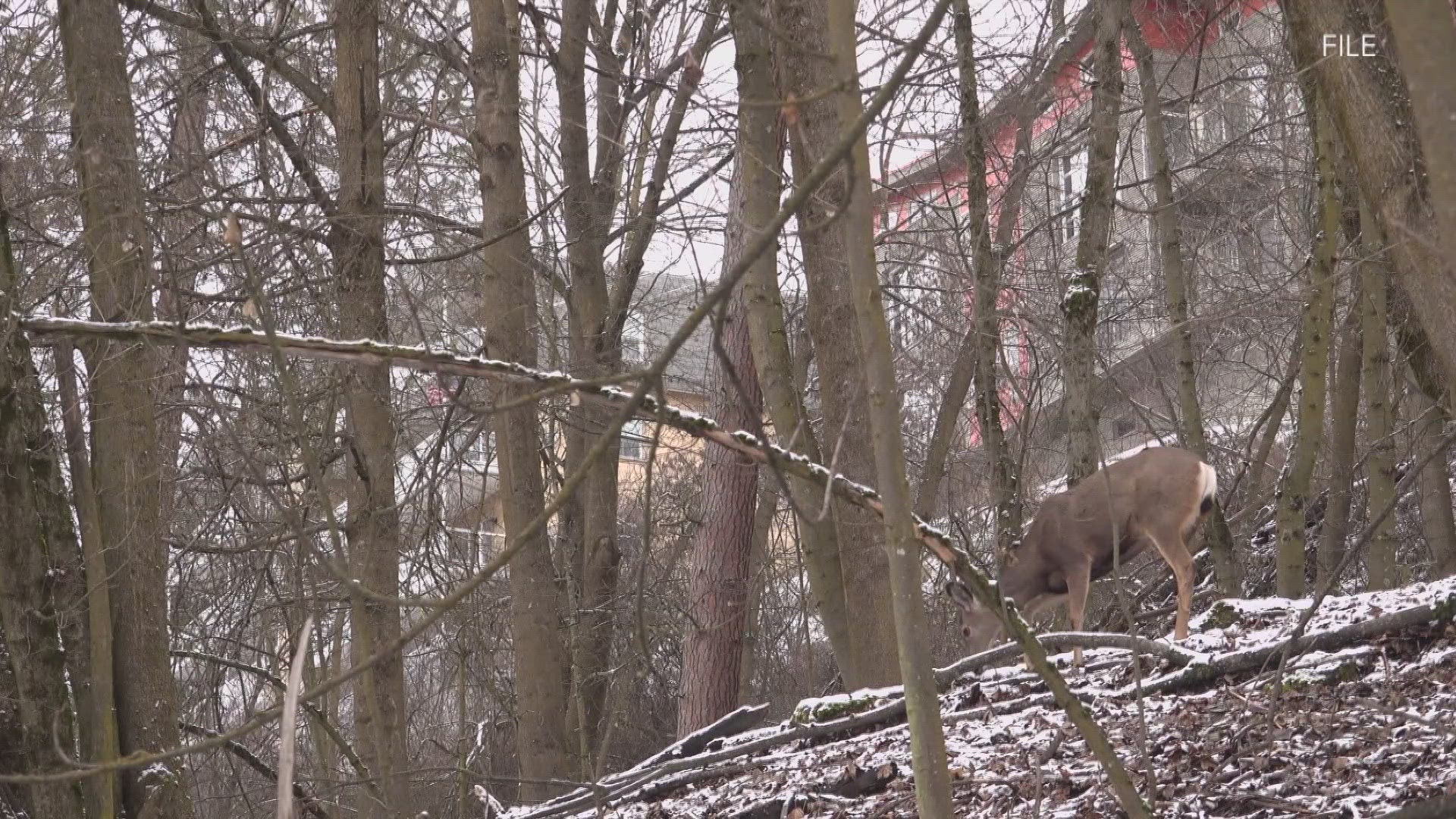BOISE, Idaho — Across North Idaho and Washington, hunters have been put on alert to watch out for, and in some cases required to send in samples for, chronic wasting disease (CWD) after it was found in deer.
Now there's another thing for those sportsmen to be on the lookout for.
Washington State University pathologists confirmed Idaho's first case of plague found in a deer this week; the animal was located on private property in Custer County in central Idaho.
Roger Phillips, Public Information Supervisor with Idaho Fish and Game (IDFG) in Boise, says the finding is amazing in and of itself. "This is just one of those rare cases that sometimes happen," Phillips said. "I think it was also noted in the press release very rare they even found this deer."
IDFG said after the deer's discovery in June and positive samples came back from WSU's lab, everyone who had contact with the animal was tested. All those tests, including for the landowner's dog, were negative.
"We also saw no evidence of any other animals in the area that may have contracted plague," Phillips said.
The plague itself isn't exactly rare in the western U.S.
"It's kind of on the fence of common and uncommon because every couple years in southern Idaho we have plague outbreaks in ground squirrel populations. Pick a number, year, two years it pops back up again," Phillips said. "We actually have had people contract the plague. It is treatable but that's extremely rare too."
So the odds someone would contract the disease from an infected deer are even more astronomical, he added.
In deer, WSU pathologists say the plague causes lesions in the eyes that lead to blindness. This means the animals are more likely to become prey, making it so unusual a deer with plague would be discovered by a human.
"This is something mother nature kind of cleans up on its own," Phillips said.
It's one reason WSU's Veterinary College gave for why it could be difficult to figure out how widespread plague may be in deer populations.
Though Phillips says because this is so rare in deer and elk it's unlikely to have much impact, especially on the hunting season.
"If there were more we'd probably have found out about it by now, this is months' gone by," he said.
Still, IDFG is advising hunters to take some caution as there are other diseases the state is tracking, like CWD.
"Our standard answer for that for hunters is if you see an animal that's obviously sick, don't shoot it," Phillips said. "Just report it."

